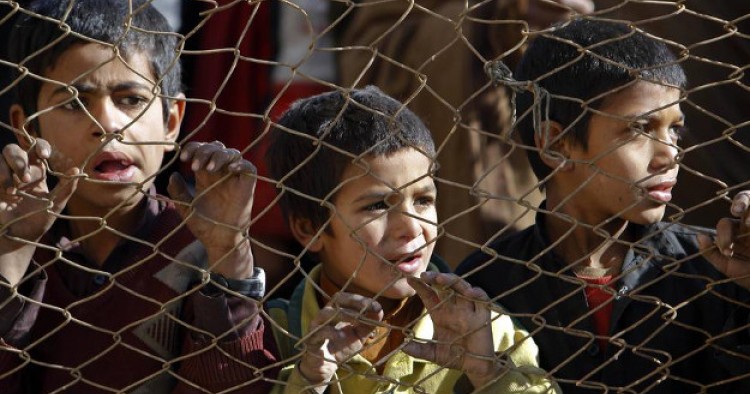Iran everyday deports hundreds of Afghans, including a sizable number of children and teenagers, BBC Persian reports. According to Afghan officials working on refugee affairs in western Herat Province, which borders Iran, about 500 undocumented Afghans are sent back to Herat through Islam Qala border crossing. The BBC report also reveals that human traffickers entice young men from rural Afghanistan into going to Iran for work opportunities. But many face significant dangers on their journey to Iran or are subjected to deportation even if they reach Iran. “There was no work here so I agreed to go to Iran. If I had work here, I would not go. I wanted to work in Mashhad for a year but I was deported,” a 15-year-old Afghan told BBC. Some of those deported have also accused Iranian border guards of mistreating them and extorting money from them. Although the illegal entry into Iran for Afghan workers involves risks and uncertainty, even those who have repeatedly been deported from Iran say they will go to Iran again if they fail to find work here in the country, the report added.
Comment: Out of nearly three million Afghans living in Iran, less than one million are registered as refugees, while majority of the rest are undocumented migrant workers. In the past, mass deportations from Iran have caused security and humanitarian problems in western Afghanistan as well as political crisis in Kabul. At times, Tehran has also used the refugee card to seek political concessions from the Afghan government.
Recently, however, undocumented Afghans in Iran have been vulnerable to recruitment by the Revolutionary Guards to fight in Syria. Over the past six years, the IRGC has recruited, trained and deployed thousands of Afghans to fight its war in Syria; and in exchange, these fighters have been granted residence permit and financial incentives. About eight thousand Afghans are reported to have been killed or injured in the Syrian conflict. International human rights organizations have also criticized the Iranian government for recruiting young Afghans under 18 years of age for combat purposes.
The Middle East Institute (MEI) is an independent, non-partisan, non-for-profit, educational organization. It does not engage in advocacy and its scholars’ opinions are their own. MEI welcomes financial donations, but retains sole editorial control over its work and its publications reflect only the authors’ views. For a listing of MEI donors, please click here.













